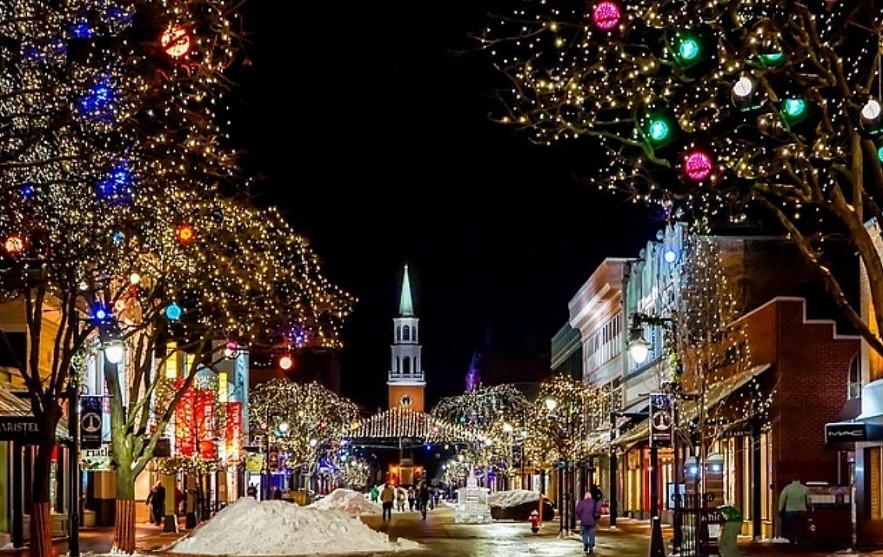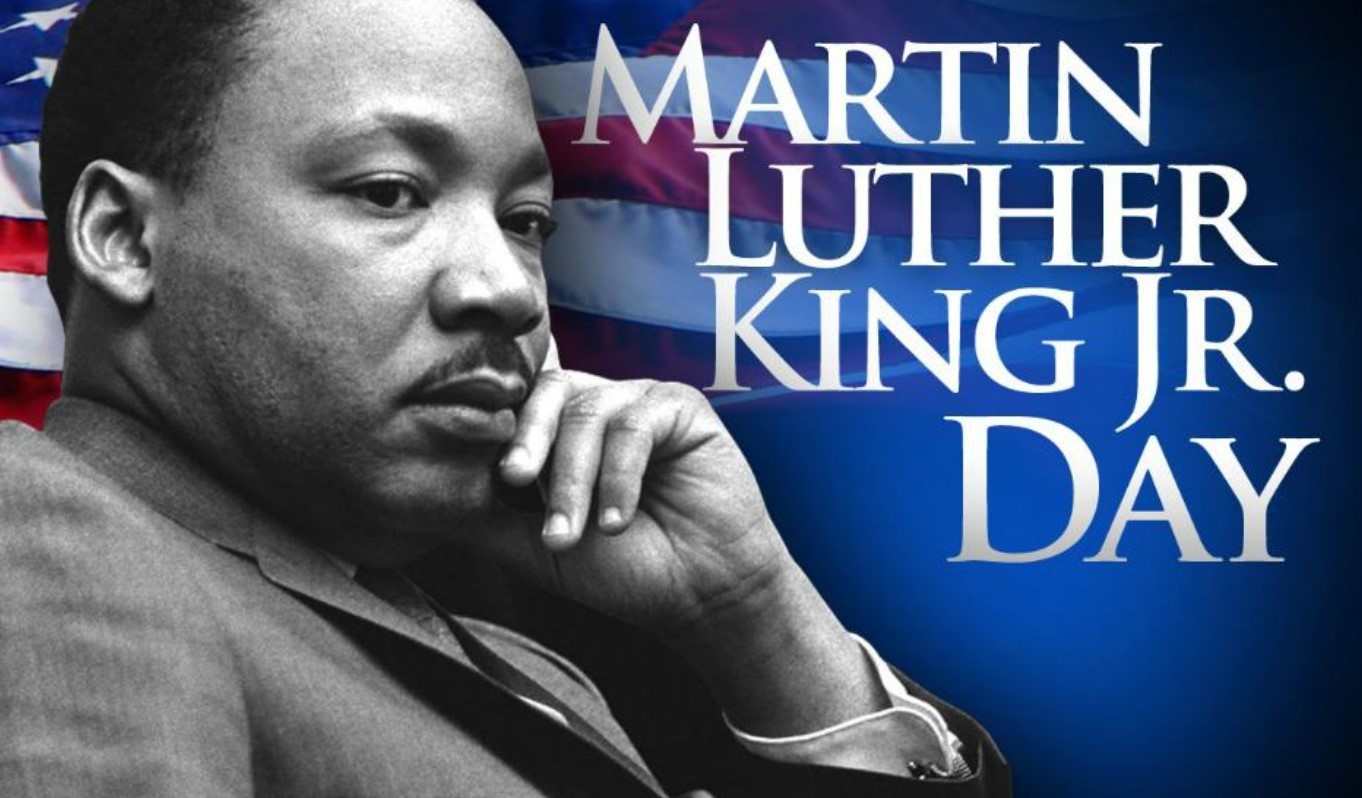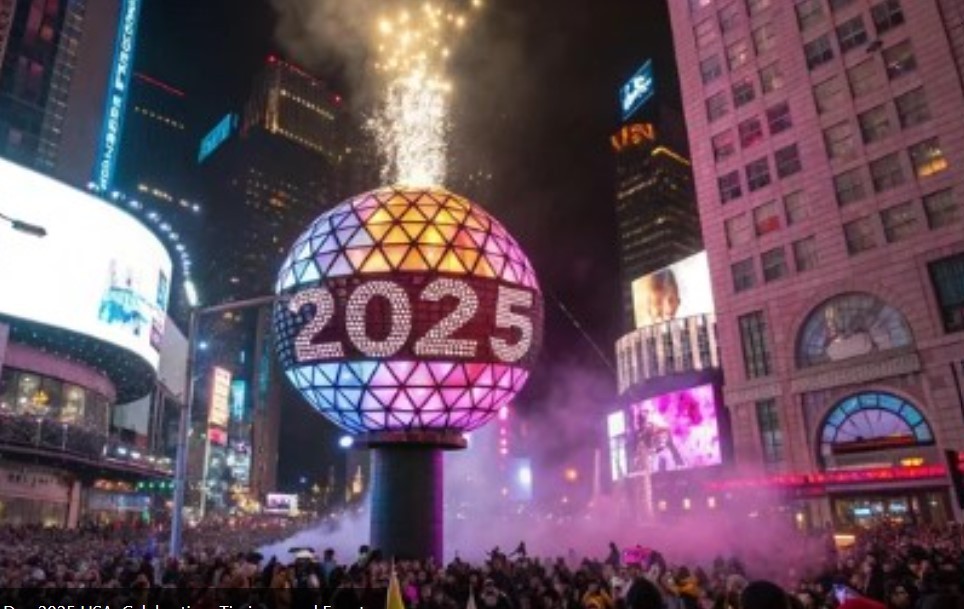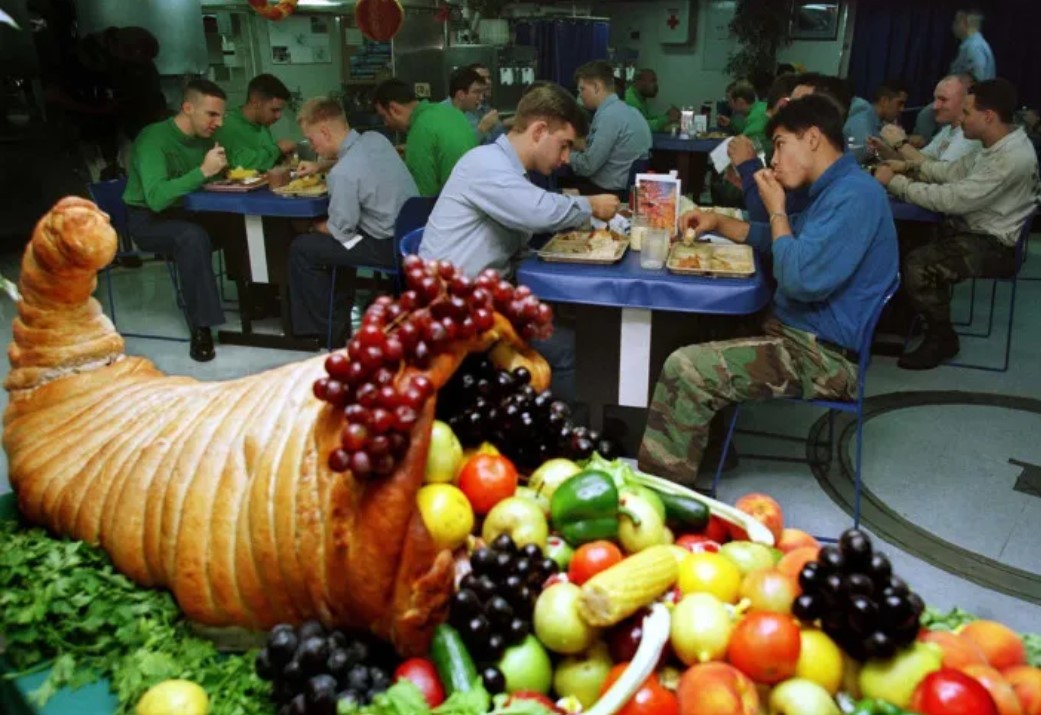Is Christmas Eve a Federal Holiday in the U.S?
 What is Christmas Eve: History, Meaning and Celebrations What is Christmas Eve: History, Meaning and Celebrations |
 Which Grocery Stores Will Be Open on Christmas 2024? Which Grocery Stores Will Be Open on Christmas 2024? |
 |
| Is Christmas Eve a Federal Holiday |
Christmas Eve, observed annually on December 24, is one of the most cherished days of the holiday season in many parts of the world. While it holds significant cultural and religious importance for Christians and non-Christians alike, a frequently asked question is whether Christmas Eve is recognized as a federal holiday in the United States.
The short answer is no.
However, the nuances of its observance, the traditions associated with it, and its practical impact on American life suggest it carries almost as much significance as an official holiday.
Federal Holidays in the United States
In the United States, federal holidays are established by law and are days on which federal government offices, except for essential services, are closed. Currently, there are 11 federal holidays, including Christmas Day (December 25). Federal employees typically enjoy paid time off on these days, and many businesses follow suit by closing their doors or reducing operating hours.
Christmas Eve, however, is not among these federally recognized holidays. This distinction means federal offices and services remain open unless a specific declaration is made by the President or individual states. While this might seem surprising given the widespread celebrations and traditions associated with Christmas Eve, the lack of federal holiday status does not diminish its cultural significance.
Here are the regular 11 federal holidays that will be recognized in 2025:
- Jan. 1, 2025 – New Year's Day
- Jan. 20, 2025 – Birthday of Martin Luther King Jr.
- Jan. 20, 2025 – Inauguration Day
- Feb. 17, 2025 – Washington's Birthday
- May 26, 2025 – Memorial Day
- June 19, 2025 – Juneteenth National Independence Day
- July 4, 2025 – Independence Day
- Sept. 1, 2025 – Labor Day
- Oct. 13, 2025 – Indigenous People's Day
- Nov. 11, 2025 – Veterans Day
- Nov. 27, 2025 – Thanksgiving Day
- Dec. 25, 2025 – Christmas Day
The Cultural and Religious Significance of Christmas Eve
Christmas Eve holds deep spiritual meaning, particularly for Christians who celebrate the birth of Jesus Christ. Many attend midnight Mass or special evening church services as part of the religious observance. These gatherings often feature hymns, candlelit ceremonies, and nativity plays that recreate the story of Jesus's birth in Bethlehem.
For many Americans, Christmas Eve also serves as a time for family gatherings, feasting, and gift-giving. Traditions such as decorating Christmas trees, hanging stockings, and preparing for Santa Claus’s arrival on Christmas morning are integral parts of the day. Even those who do not celebrate Christmas in a religious sense often partake in the festive spirit, making the day widely observed across cultural and religious lines.
Government and Employer Practices
While Christmas Eve is not a federal holiday, many state governments and private employers treat it as an unofficial holiday. In some cases, offices may close early or provide the entire day off as a courtesy to employees. For example, it is common for schools and non-essential government services to shut down for winter break, which usually includes Christmas Eve. Additionally, businesses in industries such as retail and hospitality often operate on reduced hours to allow their employees to spend the evening with family.
The federal government occasionally grants exceptions. For example, presidents have sometimes issued executive orders allowing federal employees to take a half-day or full day off on Christmas Eve. Such orders, however, are not guaranteed and vary year to year. This flexibility reflects the recognition of Christmas Eve’s cultural importance, even if it falls short of formal federal status.
Economic and Practical Implications
The lack of federal holiday status does not hinder Christmas Eve's influence on American life. Economically, the day is one of the busiest shopping periods of the year. Last-minute gift buyers flock to malls and stores, contributing significantly to the retail sector. Restaurants, florists, and other service industries also see heightened activity as people prepare for celebrations.
Transportation hubs, including airports, highways, and train stations, experience a surge in traffic as people travel to reunite with loved ones. The day’s frenetic energy contrasts sharply with the peaceful, reflective tone that follows on Christmas Day, emphasizing its unique role as both a practical and symbolic prelude to the holiday.
Comparisons with Other Holidays
It is worth noting that other culturally significant days, such as Christmas Eve, are not federal holidays either. New Year’s Eve, for instance, shares many similarities with Christmas Eve in terms of public observance and cultural importance, yet it too is not federally recognized. This highlights a broader pattern: federal holiday designation does not always align with the cultural prominence of certain days.
Interestingly, other countries approach Christmas Eve differently. In nations such as Sweden and Denmark, Christmas Eve is the main day of celebration, often observed as a public holiday. This contrast underscores how traditions and government practices vary around the world.
The Case for Christmas Eve as a Federal Holiday
The debate over whether Christmas Eve should become a federal holiday continues. Proponents argue that its widespread observance and cultural significance justify official recognition. They point to the fact that many employees are already given the day off or allowed to leave work early, suggesting an informal precedent for holiday status.
Critics, however, caution against adding more federal holidays to an already crowded calendar. They argue that the United States’ diverse population observes many different holidays, and formalizing Christmas Eve might not reflect the inclusivity of American society. Instead, they propose maintaining its unofficial status while allowing employers and local governments to make their own decisions about observance.
Conclusion
While Christmas Eve is not a federal holiday in the United States, its cultural and practical significance is undeniable. From religious services and family traditions to last-minute shopping and festive celebrations, the day holds a special place in the hearts of millions of Americans. Though federal recognition may not be forthcoming, the ways in which Americans observe Christmas Eve illustrate its enduring importance. Whether it is spent in quiet reflection, joyful celebration, or hectic preparation, Christmas Eve continues to be a cherished moment in the holiday season—a day that, though unofficial, feels every bit as significant as those formally recognized.
 11 Fun Facts About Christmas 11 Fun Facts About Christmas As all we know, Christmas is a Christian holiday honoring the birth of Jesus. It has evolved into a worldwide religious and secular celebration, ... |
 Why are there no NHL games on Christmas Eve or Day? Why are there no NHL games on Christmas Eve or Day? The NHL typically avoids scheduling games on Christmas Eve and Christmas Day |
 Mega Millions Jackpot reaches $944 million for Christmas eve drawing: Did anyone win Mega Millions Jackpot reaches $944 million for Christmas eve drawing: Did anyone win The Mega Millions jackpot reaches an estimated $944 million for the Christmas Eve drawing. |


























